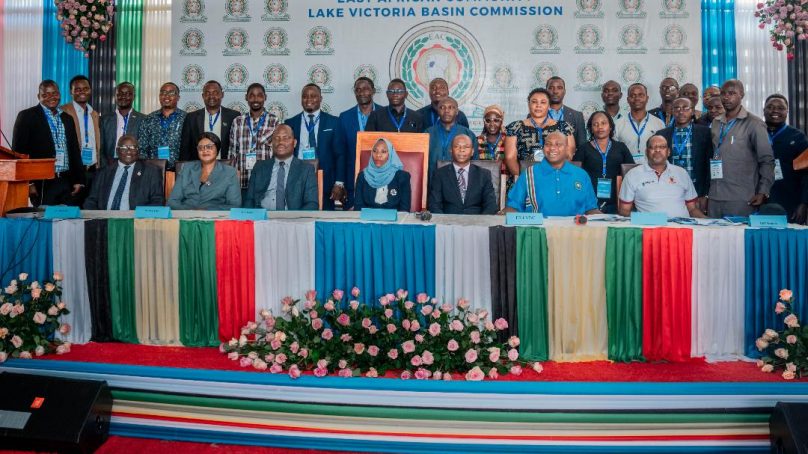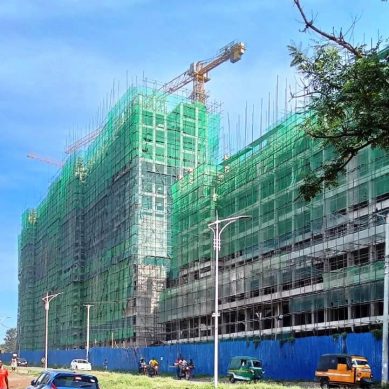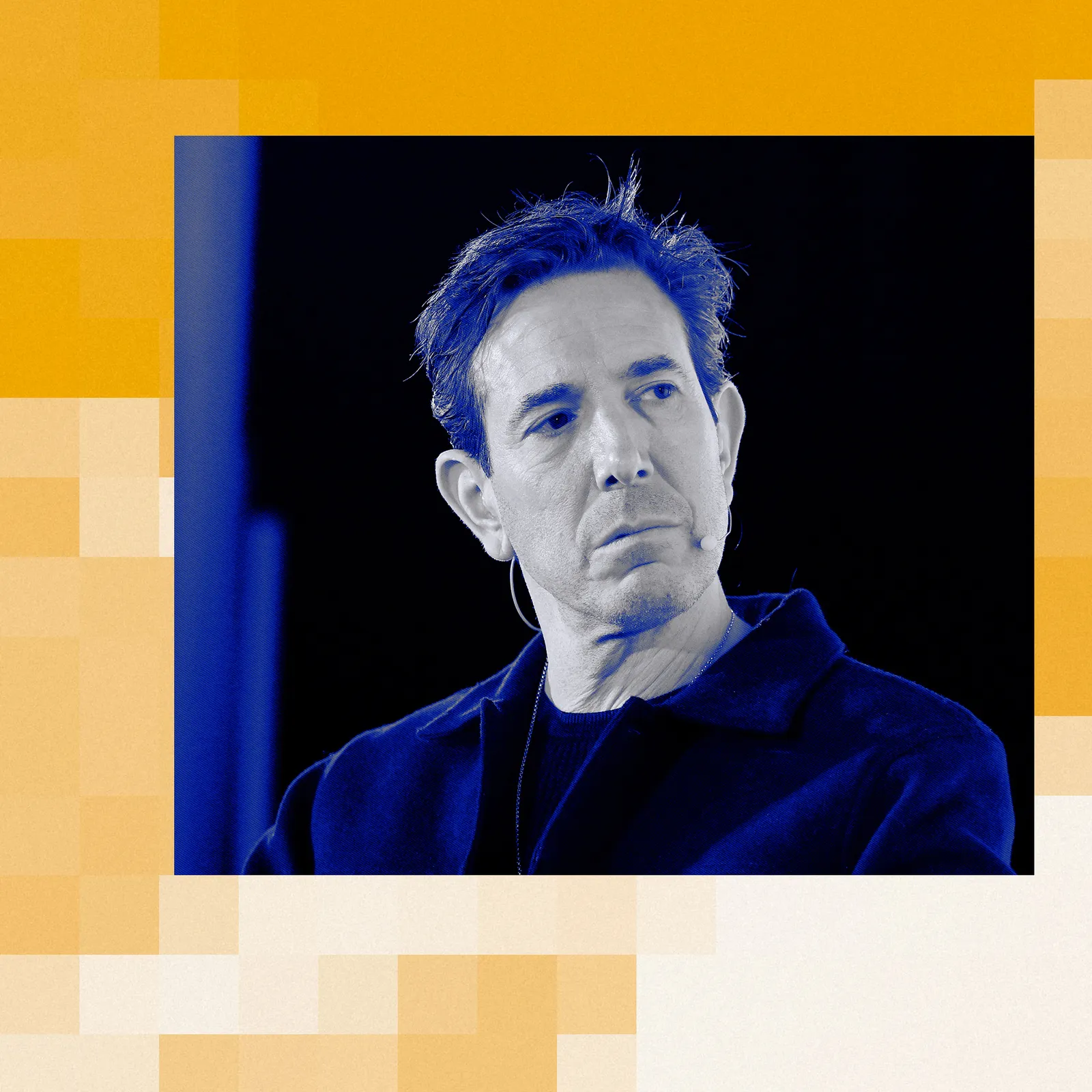
East African leaders and conservationists are calling for a radical shift in the management of the Mara River Basin, expressing fears that unless governments in the region adopted science-backed policies, embrace joint cross-border action and strengthen community-led conservation, the ecosystem faces a bleak future.
The call was made during the 14th Mara Day Scientific Conference at Mwalimu Nyerere University of Agriculture and Technology (MNUAT) in Butiama District in northwest Tanzania.
The meeting, part of the annual Mara Day celebrations has attracted politicians, scientists, policymakers and community representatives from all walks of life to chart the way forward on conserving the Mara River ecosystem which faces existential threats.
Dr Masinde Bwire, Executive Secretary of the Lake Victoria Basin Commission (LVBC), addressed the conference on the role of research in shaping the future of the river, which sustains both the Maasai Mara in Kenya and Serengeti National Park in Tanzania.
He said the conference had received more than 100 papers, with 36 selected after rigorous review, a reflection of the growing regional commitment to evidence-based conservation.
“Science, like leadership, must be rooted in purpose, community and national development,” Bwire told participants. “The quality of research presented this year gives us confidence that the next cycle of conservation efforts will be guided by evidence, not guesswork.”
Tanzania’s Permanent Secretary for Water and Irrigation Mwajuma Waziri who officially opened the conference, hailed the cooperation between Kenya and Tanzania in protecting the transboundary river. She urged stakeholders to go beyond rhetoric by raising awareness, empowering local communities, publishing scientific findings and harnessing indigenous knowledge.
“The conference builds a bridge between ideas, policies and implementation,” she said.
Narok County Chief Officer for Water, Environment and Natural Resources William Tumanka Ololoigero, revealed that the county and national governments had completed installation of an electric fence around Mara Forest and catchment area to curb encroachment.
He said tree-planting programmes were also underway to restore degraded landscapes.
East African Legislative Assembly (EALA) Member David ole Sankok reminded stakeholders of Mara River’s significance stretches beyond Kenya and Tanzania, feeding into Lake Victoria and eventually the Nile Basin.
“Literally, the Mara River is not only important for Kenya and Tanzania but for East Africa and the whole of Africa; even Egypt depends on it,” he said, citing regional bans on single-use plastics and new blue economy laws as evidence of progress in safeguarding shared resources.
Arsène Mukubwa, coordinator of the Integrated Water Resources Management (IWRM) project at LVBC, warned that the basin faces escalating threats from deforestation, pollution and climate change. Mr Mukubwa disclosed that recent joint water quality sampling had exposed pollution hotspots in Kenya, Uganda, and Tanzania, with a comprehensive report expected at COP30 in Brazil.
“The principle is clear: water is a finite resource. We must bring all stakeholders to the table to agree on how to use and share it sustainably,” Mukubwa said.
The Mara River, which supports wildlife, agriculture and communities across the border, is considered one of East Africa’s most critical ecosystems.
Mara Day was declared in 2012 by the East African Community Council of Ministers and is marked annually on a rotational basis between Kenya and Tanzania every September 15.
The event seeks to highlight the river’s ecological and socio-economic importance while rallying regional unity in its conservation.
- A Tell Media / KNA report / By Chris Mahandara







